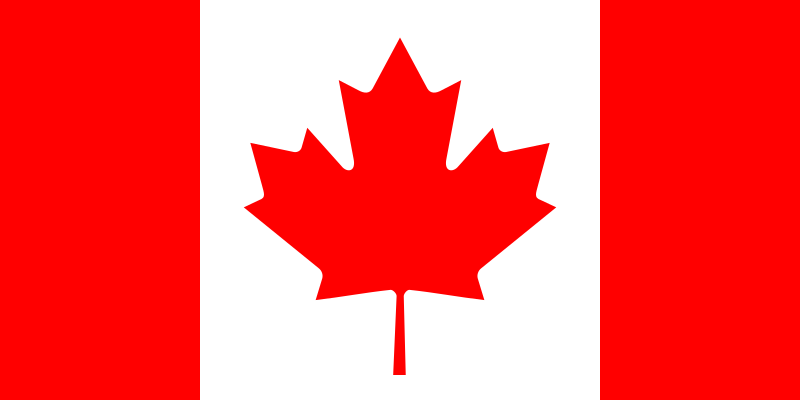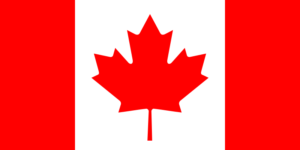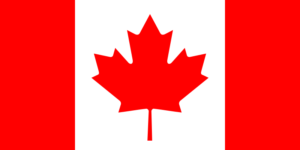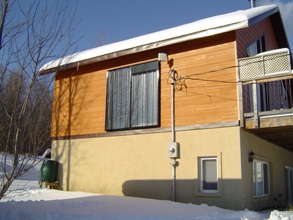Canada: Retrofit Programme Ends Earlier than Expected
May 3, 2010
“Effective by 1 April 2010, the ecoEnergy Retrofit – Homes Program is no longer accepting bookings for pre-retrofit evaluations” – it was this statement by Natural Resources Canada (NRCan), which surprised the entire solar heating and cooling sector in Canada. The residential rebate programme had initially been intended to run over a period of four years and was expected to have sufficient funds to accept all applications until the end of March 2011.
What are the reasons for stopping the incentive scheme so early in the process? “The programme is not coming to an end, nor are its benefits,” the press department of NRCan responded. “The Government will continue to pay grants to homeowners already in the program, who will be undertaking energy efficiency improvement work on their homes and can apply for their grants up to March 31, 2011.” To fully understand the meaning of the prior citation, one has to know that it is obligatory for homeowners to have an energy audit conducted before applying for a grant. What has been halted by now, is NRCan’s acceptance of new energy audits. Only families which booked a pre-retrofit evaluation before the end of March will be able to apply for grants from the programme – which will still result in a drop of demand in the solar heating sector later this year.
The industry has not been very pleased about the news from NRCan. “We spent a lot of money on system certifications in the last months, since the government decided to require a certificate from the Canadian Standards Association (CSA) from June 2010 onwards,” Paul Sajko explains. The General Manager of Canadian collector manufacturer Thermo Dynamics refers to a revise of requirements for the retrofit programme, which made a CSA certificate obligatory for any solar thermal system under consideration, whereas so far only the collectors had to be approved.
Since now the retrofit programme will gradually come to an end, Sajko seems to have made his investments for nothing. Adding to the already awkward situation was the increase in the incentive at the beginning of 2009, from CAD 500 to CAD 1,250, because before that, solar thermal technology had not been profiting a lot from the retrofit programme. The period between April 2007 and November 2008 saw only 112 solar thermal installations subsidised among a total of 57,000 applications. In 2009, the number increased dramatically, with updated statistics of the retrofit programme showing 1,174 water heaters which have been subsidised since the very beginning of the programme. Sajko: “Since it always takes a while to get the information about increased subsidies to the end consumer, we would have expected the first real effects of the improved requirements this summer”, which will no longer be the case, because of NRCan’s refusal to accept new applicants.
With regard to the ecoEnergy Renewable Heat Programme for the industrial, commercial and institutional sector, which is thought to run until the end of March 2011, NRCan assures that “we continue to accept applications, projects continue to be commissioned and the programme has sufficient funds to meet the anticipated demand”.
More information:
http://oee.nrcan.gc.ca/residential/personal/grants.cfm?attr=0


